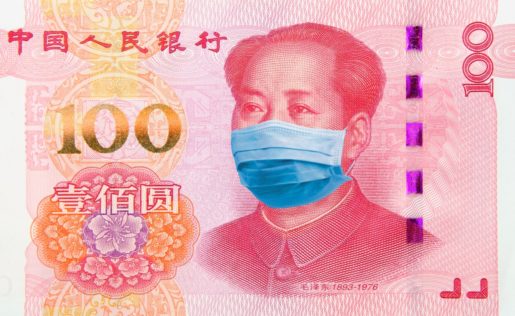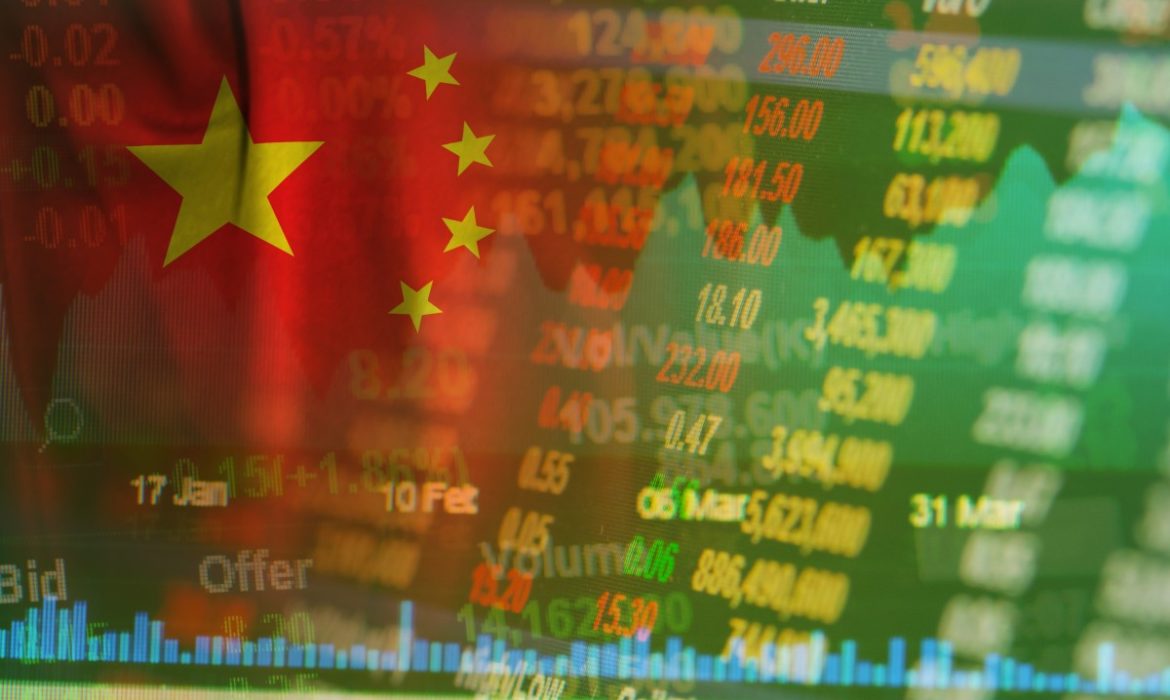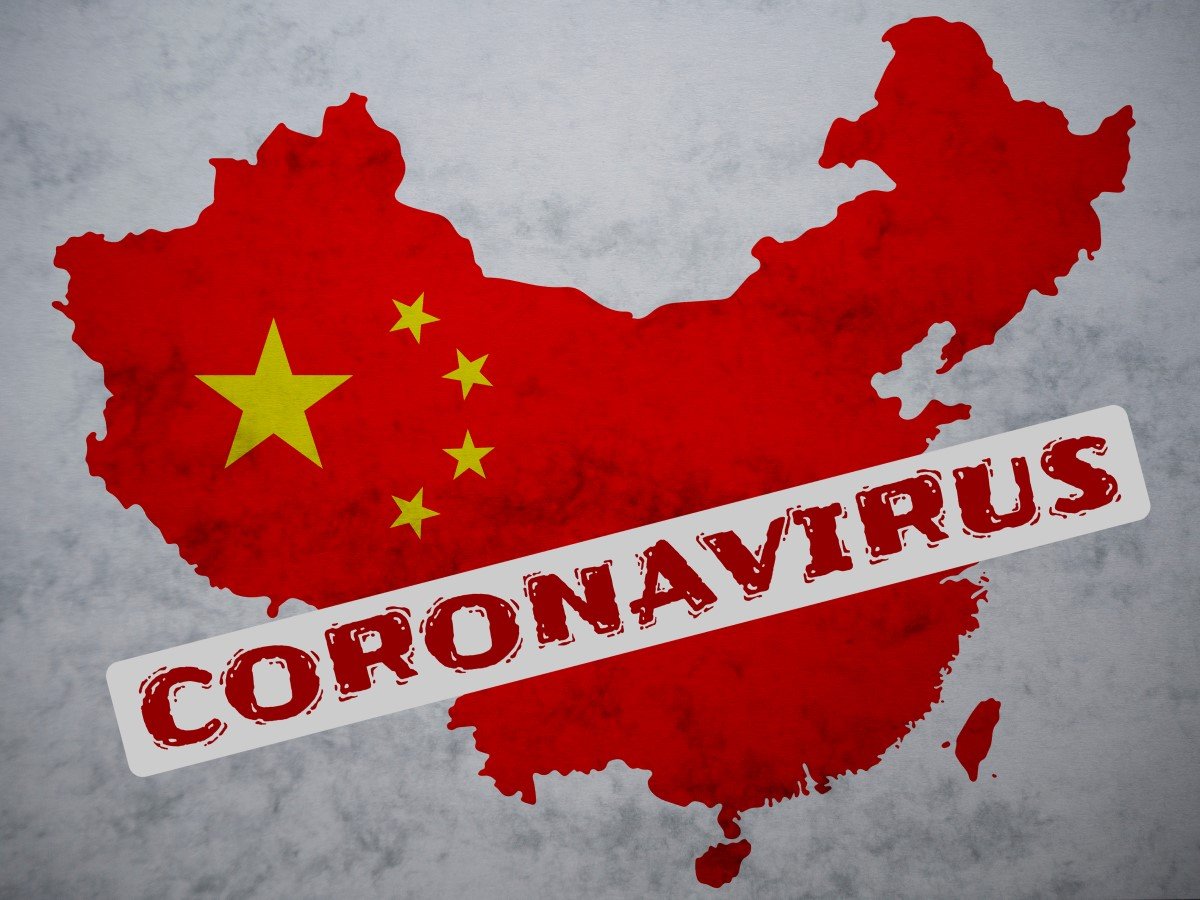Current low prices mean that China will most likely top up its oil reserves. Nevertheless, purchases might be limited because of weaker demand and a lack of storage capacity. In 2019, China imported more than 70 percent of its crude oil requirements. The country might take advantage of a price war between Russia and Saudi Arabia.
To top up critical national emergency reserves, China should use the crash in crude oil prices. That is what a top government researcher said on Tuesday.
China will not curb its efforts to secure reliable, stable oil supply, regardless of the current oil market situation. It will include the continuation of increasing domestic production. The energy security remains one of the government’s top economic policy priorities in the trade war era, said Wang Yongzhong.
Wang Yongzhong heads global energy research at the Chinese Academy of Social Sciences. The Chinese Academy of Social Sciences is a crucial governmental think tank based in Beijing. He said that Neither rally (in oil prices) nor a plunge is right for China. The government of China is concerned more about energy security. For example, how to find multiple sources of stable supply, says Wang Yongzhong.
Wang indicated that, nevertheless, purchases might be limited. China will most probably buy additional oil at lower prices for its strategic stockpile.
Wang added that that is an excellent opportunity. China’s reserves are far below the 90-day usage amount, which is the standard in the United States. Thus, it has room to increase.
China and Oil reserves
Even if you are willing to buy more, you might not be able to buy a more significant amount at the current price. It will depend a lot on the cost and market conditions.

In 2019, China imported more than 70 percent of its crude oil requirements. Equivalent to 10.1 million barrels per day, foreign purchases are rising to a record 3.7 billion barrels (506 million metric tons). With more than a third coming from the Middle East, it markets the 17th straight year that China’s oil imports had increased.
Saudi Arabia is China’s top supplier. On Friday, China’s top supplier launched a price war with Russia, which is Saudi Arabia’s second-largest supplier. The price war started after the two countries failed to agree on production cuts to support the prices. The critical international benchmark is the price of Brent crude. It dropped almost 30 percent to US$31 per barrel on Monday before rebounding to US$37 per barrel on Tuesday.
According to Wang, the supply via pipelines from Russia is deemed to be saved, compared to the long-distance costs of shipping crude oil from the Middle East.
Russia can not come close to supply all of China’s energy import needs. Thus, Beijing is cautious about not being seen to take any sides in the dispute.
The mindset of security is incorporated in self-sufficiency ratios for a variety of raw materials and other industrial components. They are used in a variety of Chinese sectors and written into national industry development plans. Let’s wait and see what happens shortly.













